It is difficult to recommend specific models or styles of motorcycles as people and the reasons they ride vary. However, there are some basic elements to keep in mind prior to beginning the search for an appropriate motorcycle.
Considerations
Kind of Riding. What kind of riding, and how much of it, do you expect to do? Is a bike a utility vehicle for commuting, a pleasure vehicle for weekend rides, or a collectable, to you? Different bikes are better suited to daily commutes, winding country roads, long-haul highway trips, or cruising the downtown strip on a Friday night. If one is more important to you, it should affect your choice of bike.
Passengers. Do you anticipate carrying passengers – ever? Never? Often? This will affect both the style of bike you choose and the size and engine power you require.
Physical Condition. If you are unusually small, large, light, or heavy, you will want to consider this when choosing a bike. You need a bike that allows you to reach the ground without being cramped, and that can carry your weight without overwhelming you. Likewise, if you will be frequently carrying a particular person as a passenger you should take their size and weight into account.
Luggage. Think about what you might be carrying on the bike. For daily commuting, you will need room for a briefcase or backpack. If a bike is your primary or only vehicle, do you expect to carry groceries on it? If you will be doing long-haul touring, luggage capacity is very important. On the other hand, if you want to flit around twisty roads on weekends you might prefer a more streamlined bike with little or no luggage capability.
If you do want carrying capacity, you can get bikes with custom-designed and integrated luggage, or you can add third-party luggage to most motorcycles. Fit and finish of the luggage will be important to you, as will whether it is waterproof and how easily it can be removed from the bike.
As a minimum, your bike should have enough storage (usually under the seat) for a small tool kit and a few papers, plus a mechanism to lock your helmet to the bike when you are leaving it unattended.
Maintenance. Like any vehicle, your bike will need maintenance. Will you be doing your own maintenance – for economy or as a hobby – or will you be having it done professionally? Availability of parts and service manuals can be a critical factor for some older or more exotic bike brands.
Customisation. Some riders turn their bike into a personal statement and work of art through extensive customisation. Some make a few minor personal improvements, while others prefer to keep their bike “stock.” If you are interested in customising, check the availability of after-market accessories and parts for your potential bike.
Clubs. If you have plans to join a certain motorcycle organization or club, some clubs imply certain style choices, or even certain brand choices. Feel free to ask advice of friends and club members, but don’t expect unbiased answers.
Price. Price is obviously a factor in a major purchase such as a motorcycle. Purchase price can be affected greatly by your choice of brand and new or used machine. But you should also consider the other factors in the operating cost of a motorcycle. How fuel-efficient is it, and does it require expensive gas? How long do tires last, and are the standard tires expensive? How often is maintenance required, and is it expensive?
Finally, don’t forget to consider the price of insurance before making decisions. Price varies a great deal with model and engine size. Full insurance coverage can be quite expensive for high-risk models with high-risk riders, or comparable to car insurance for well-rated combinations. Call your insurance company for an estimate before you make any final decisions on a brand.
The Future. Do you think this will be your first and last bike, or might you upgrade in a few years? If an upgrade is a possibility, you might consider a lesser bike as a first vehicle – one that is easier to handle and that you will be less worried about scratching.
